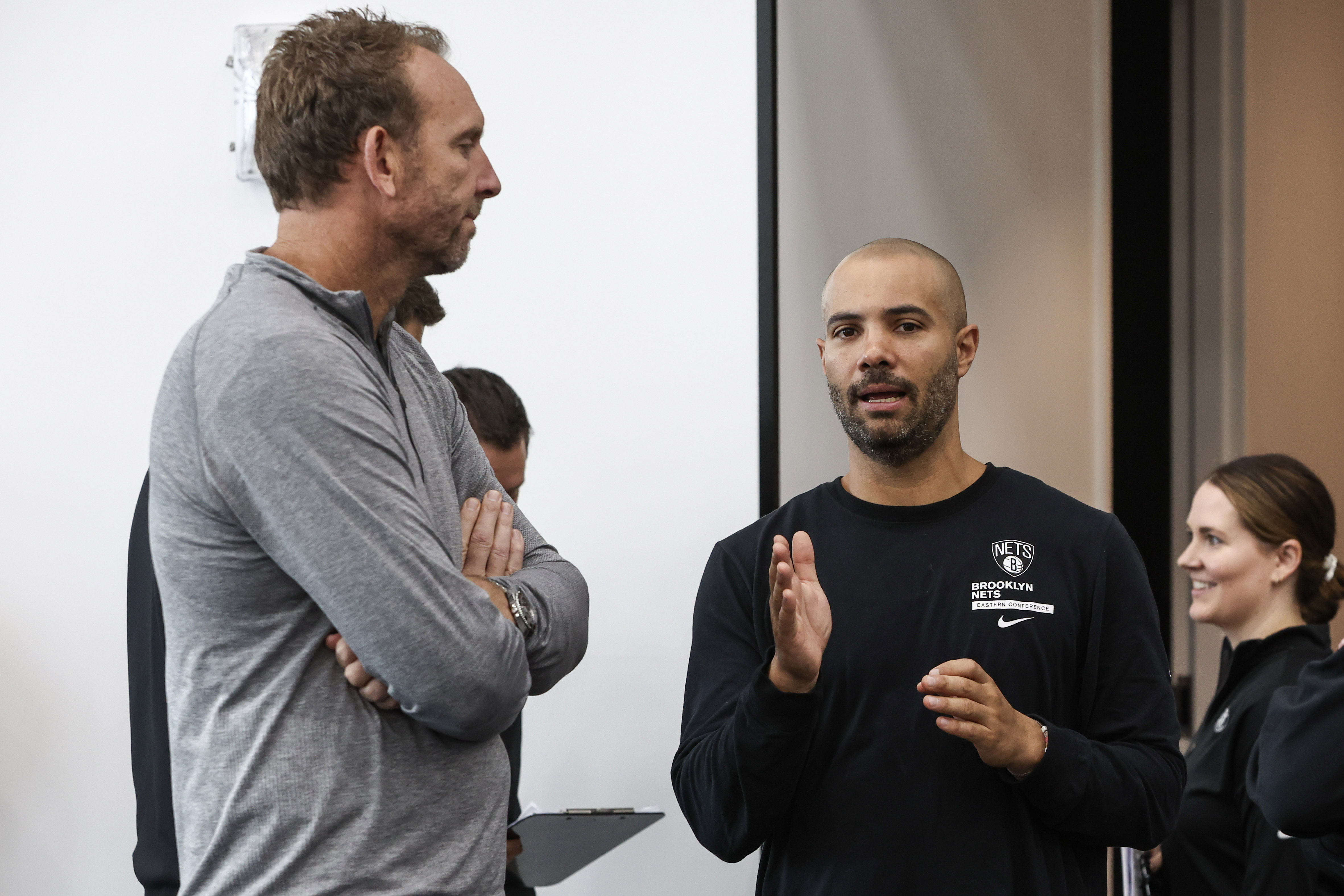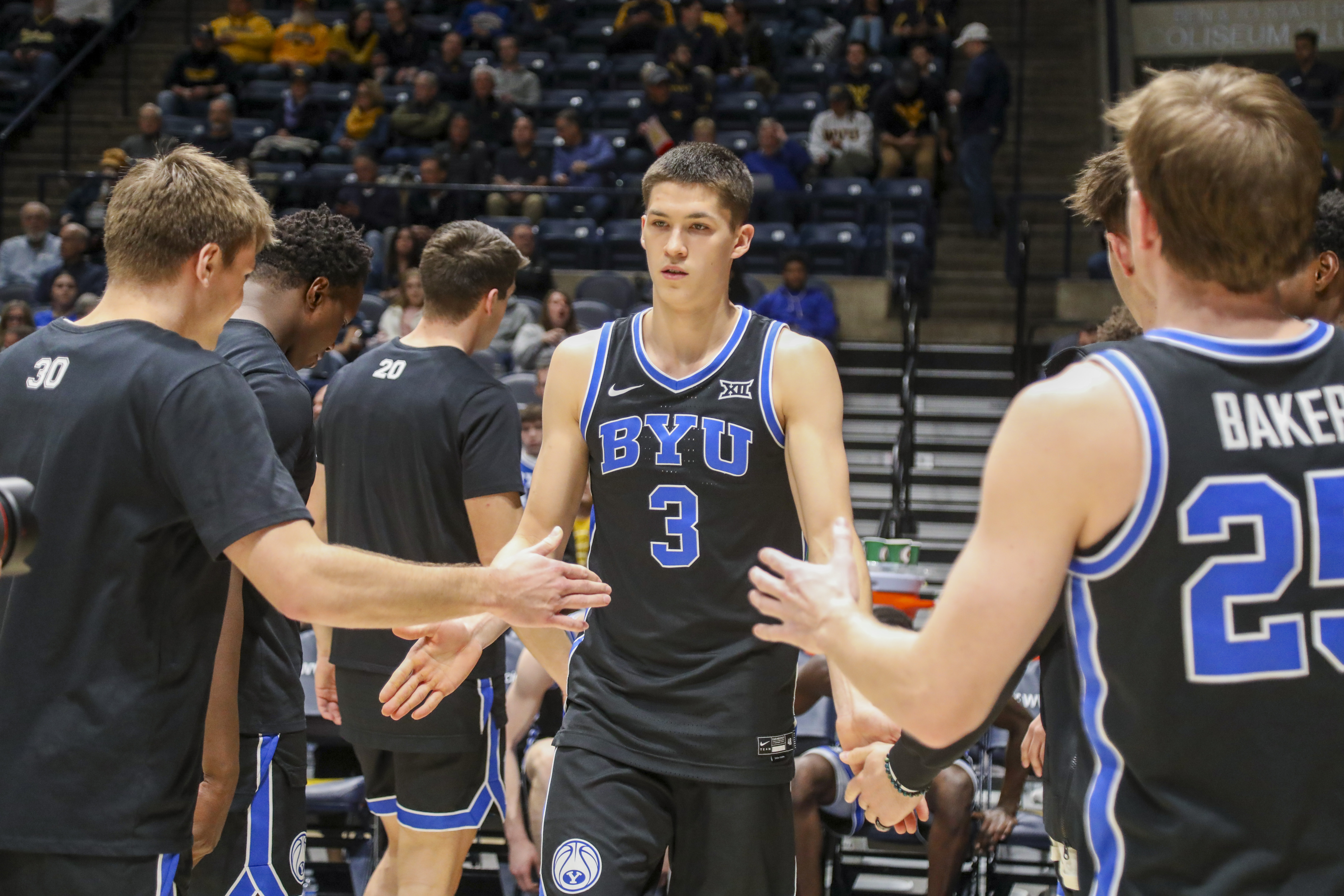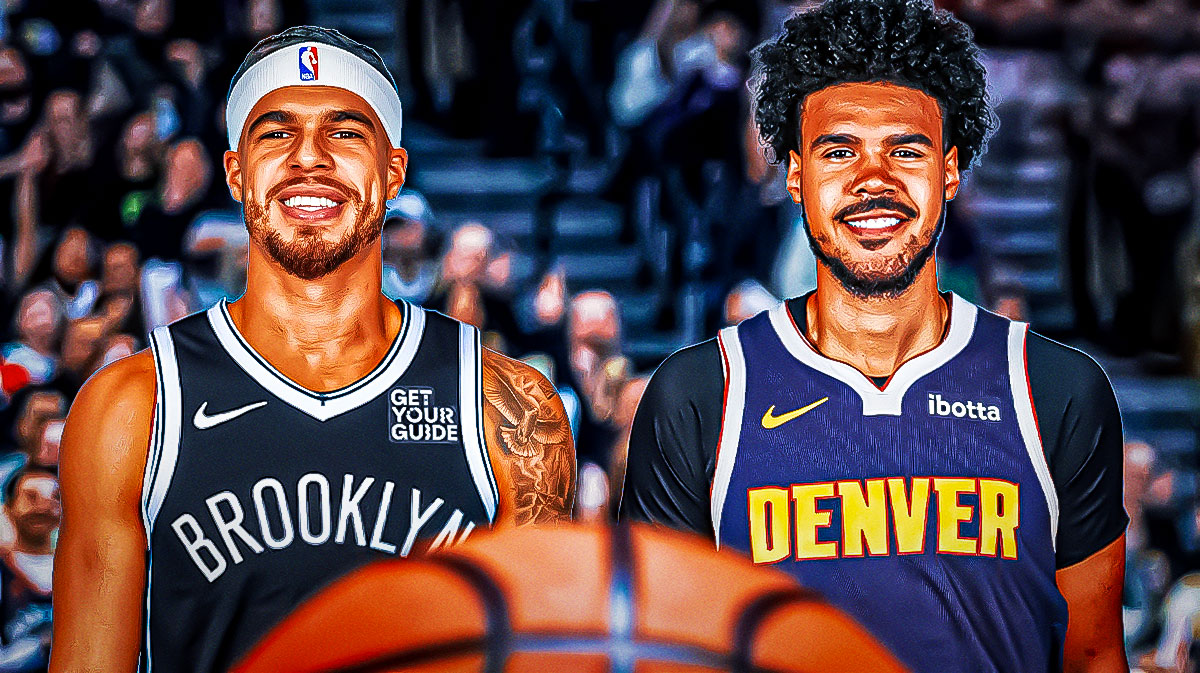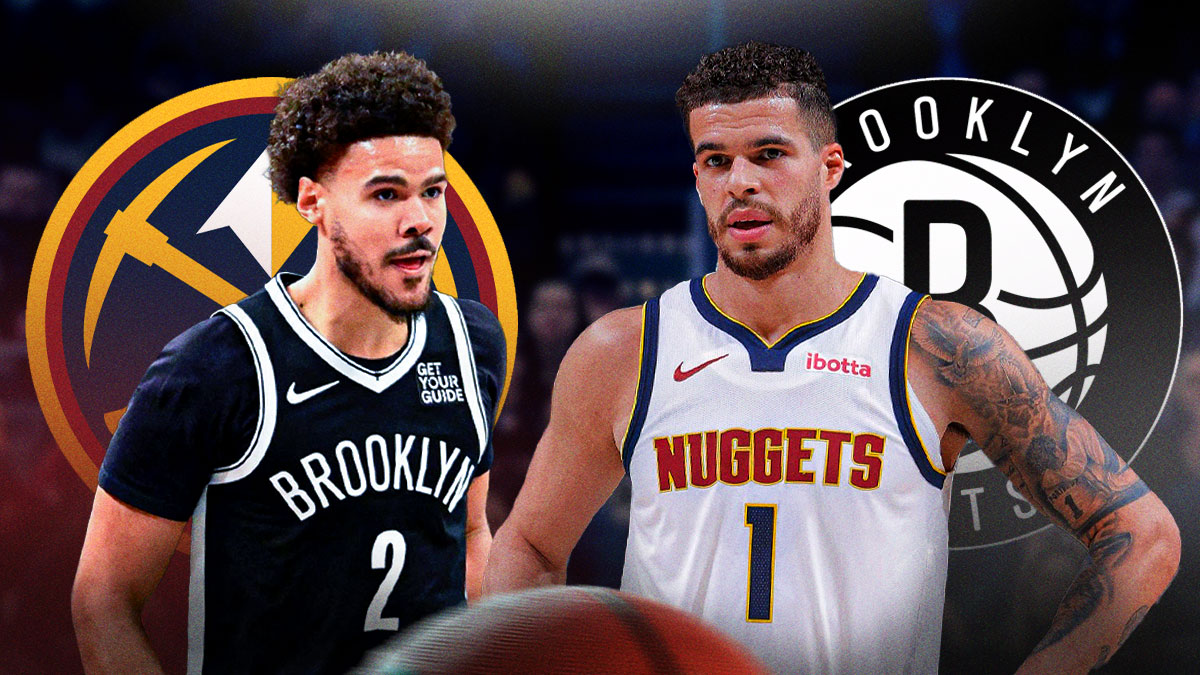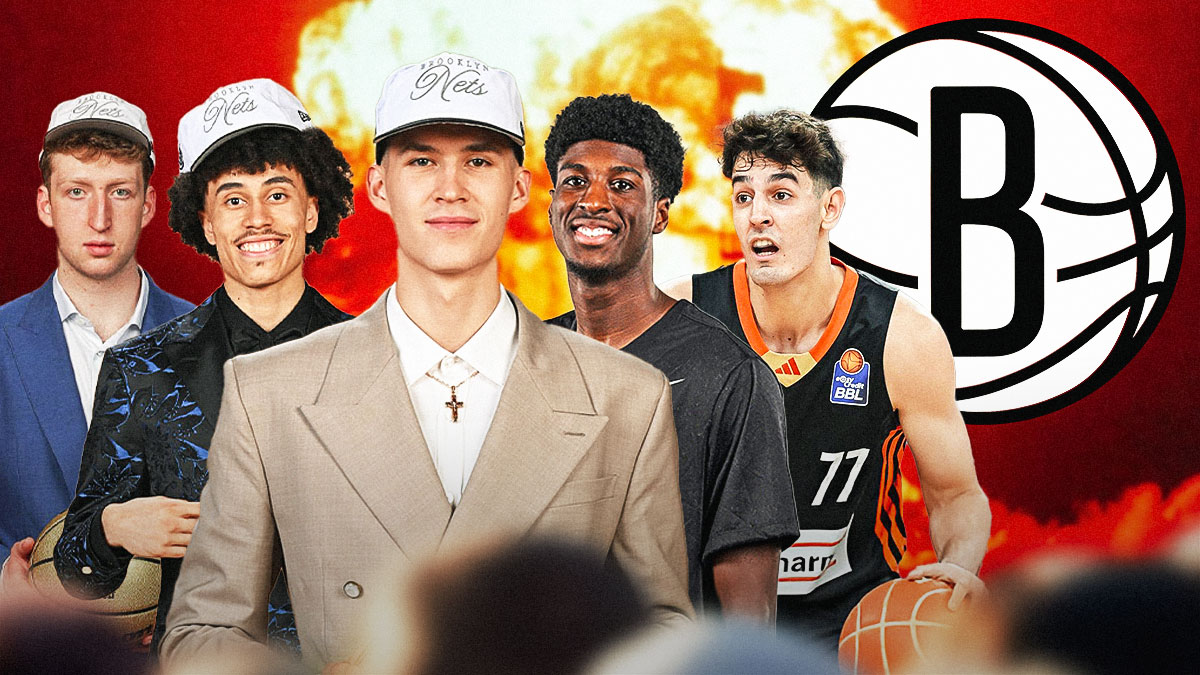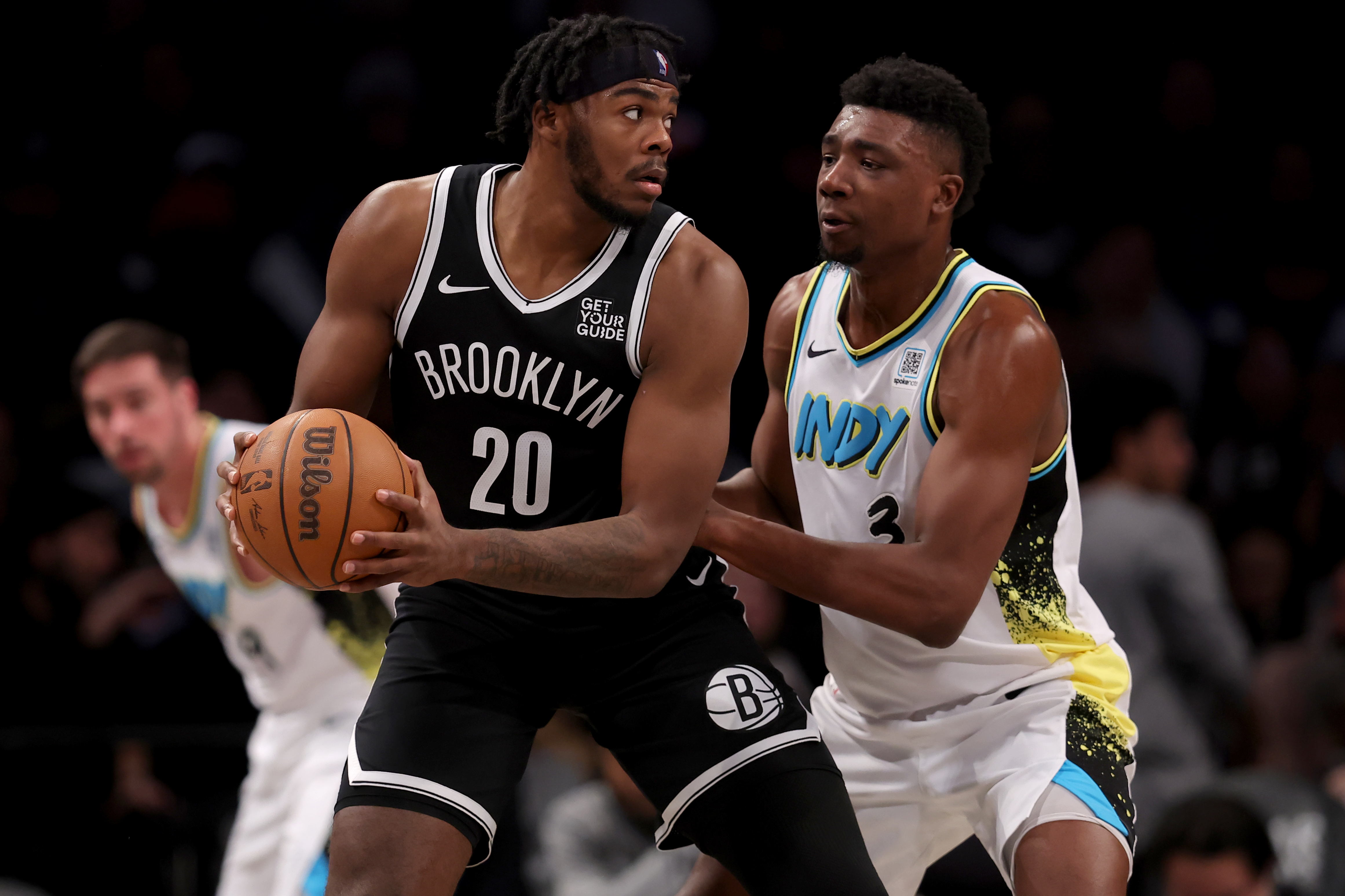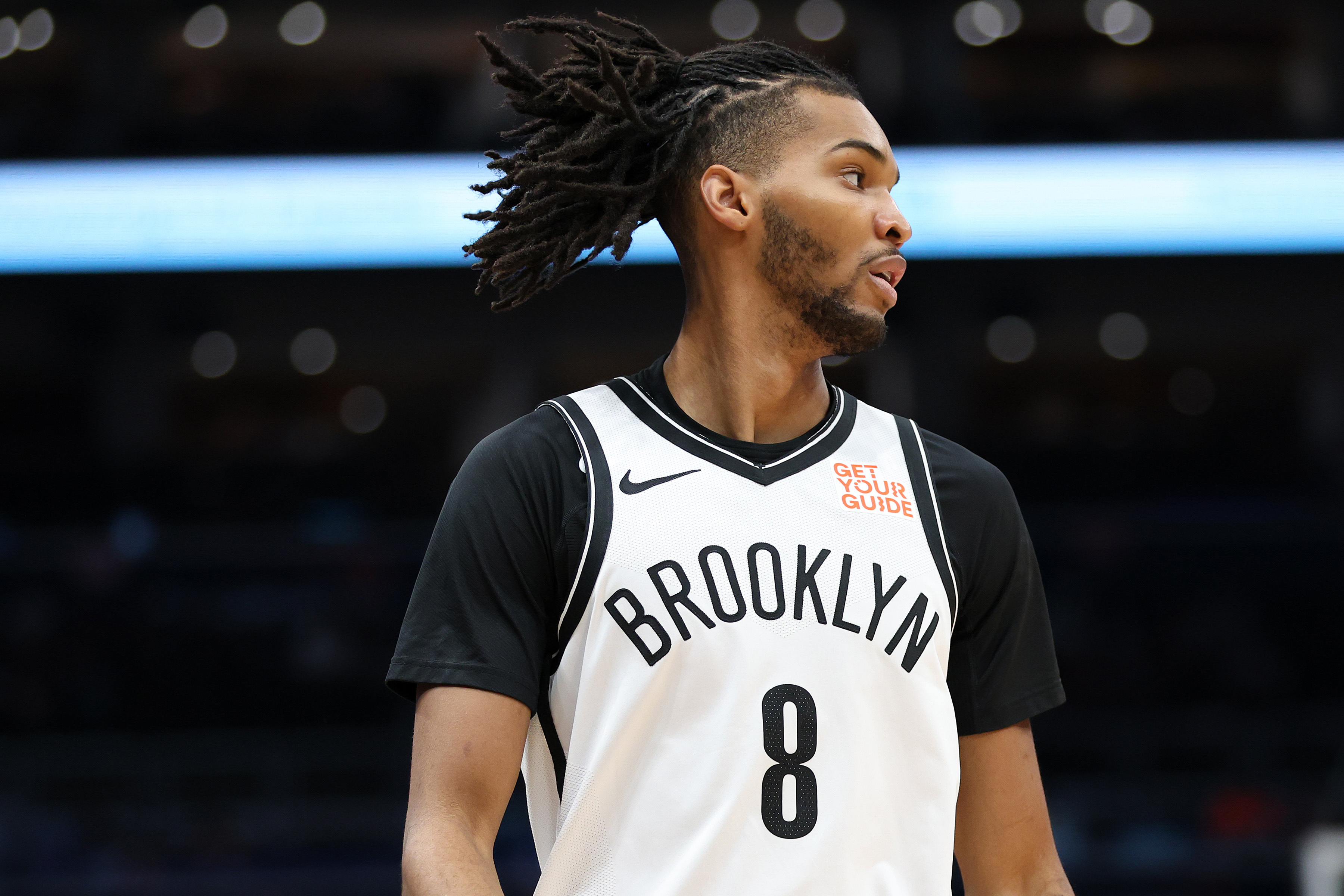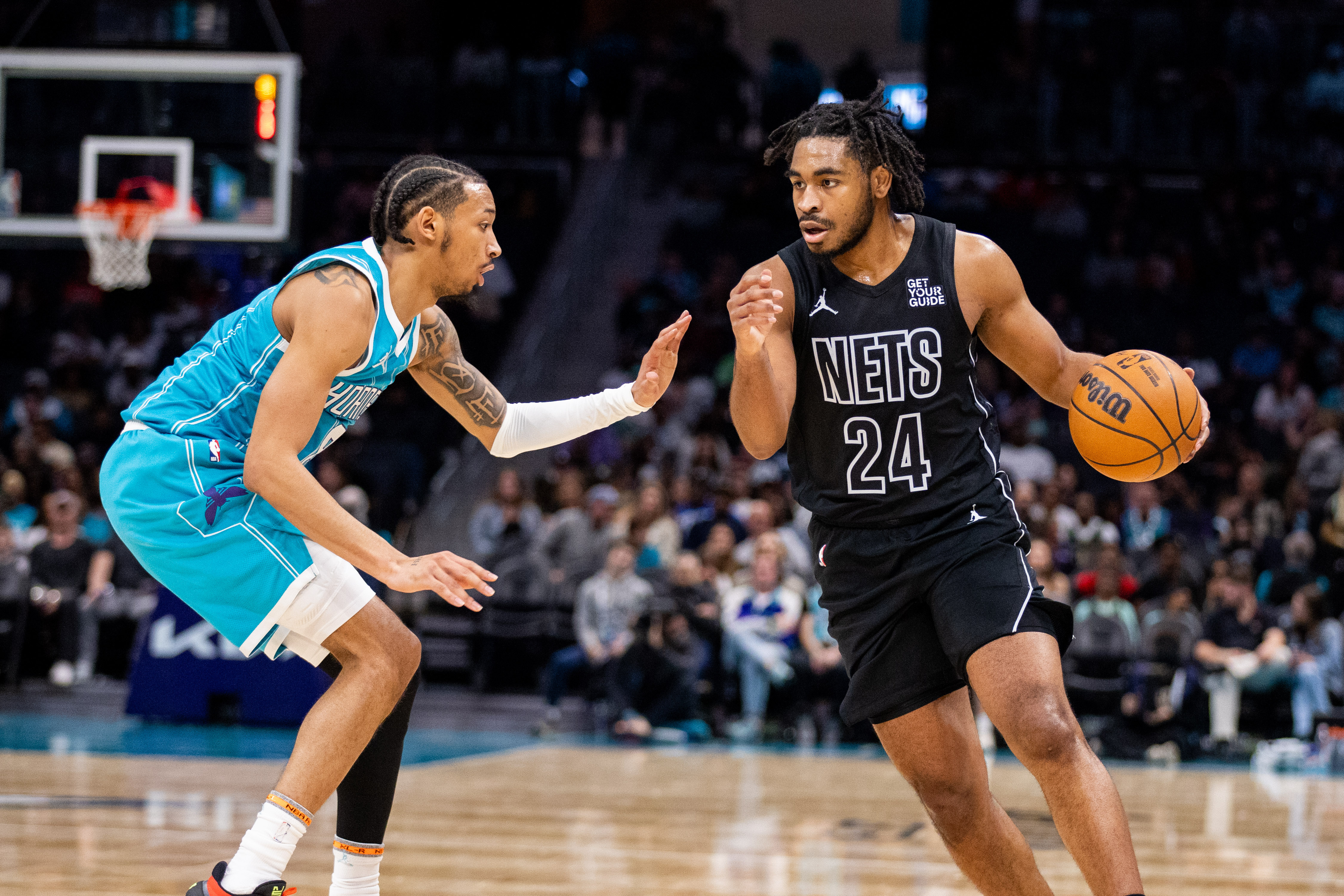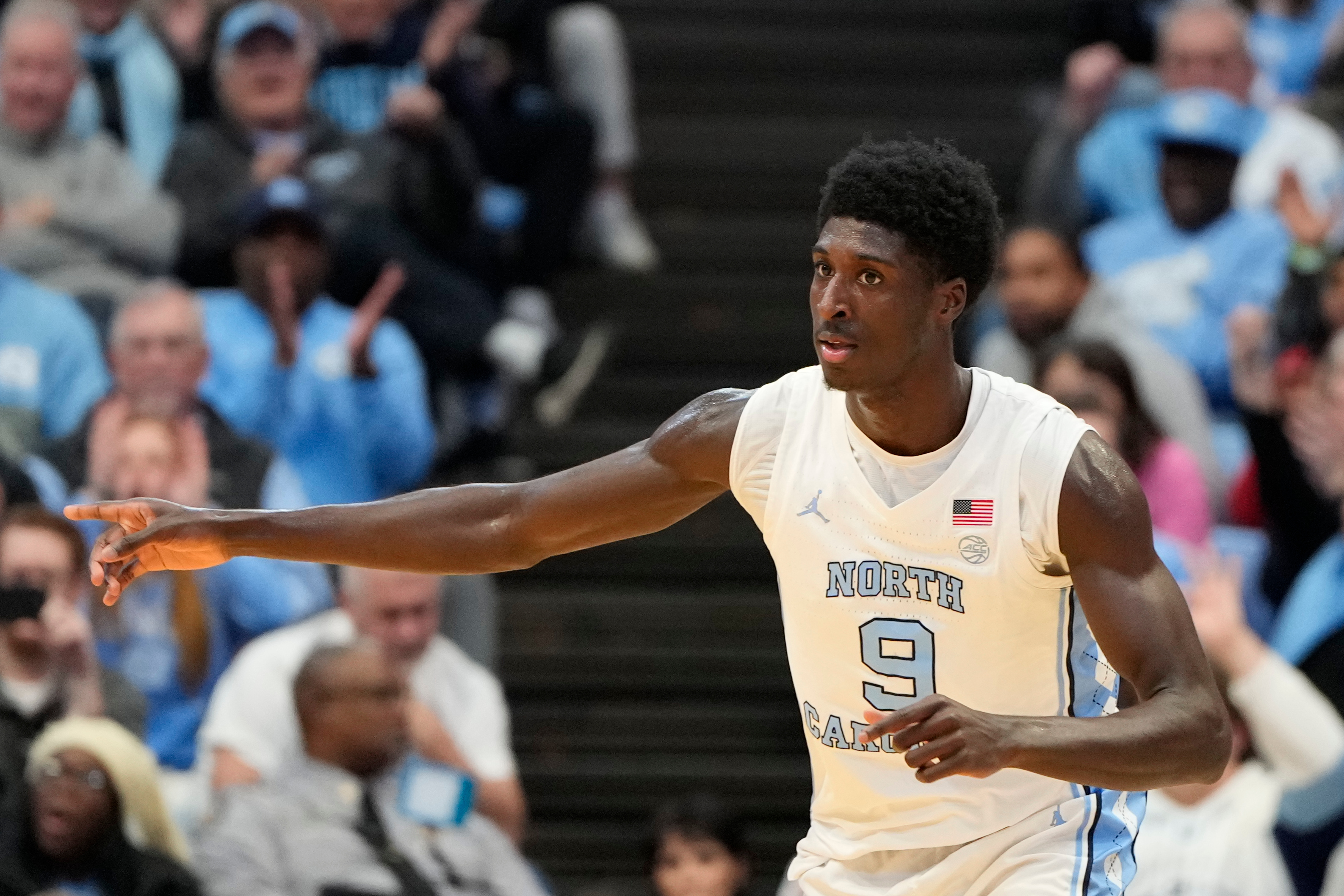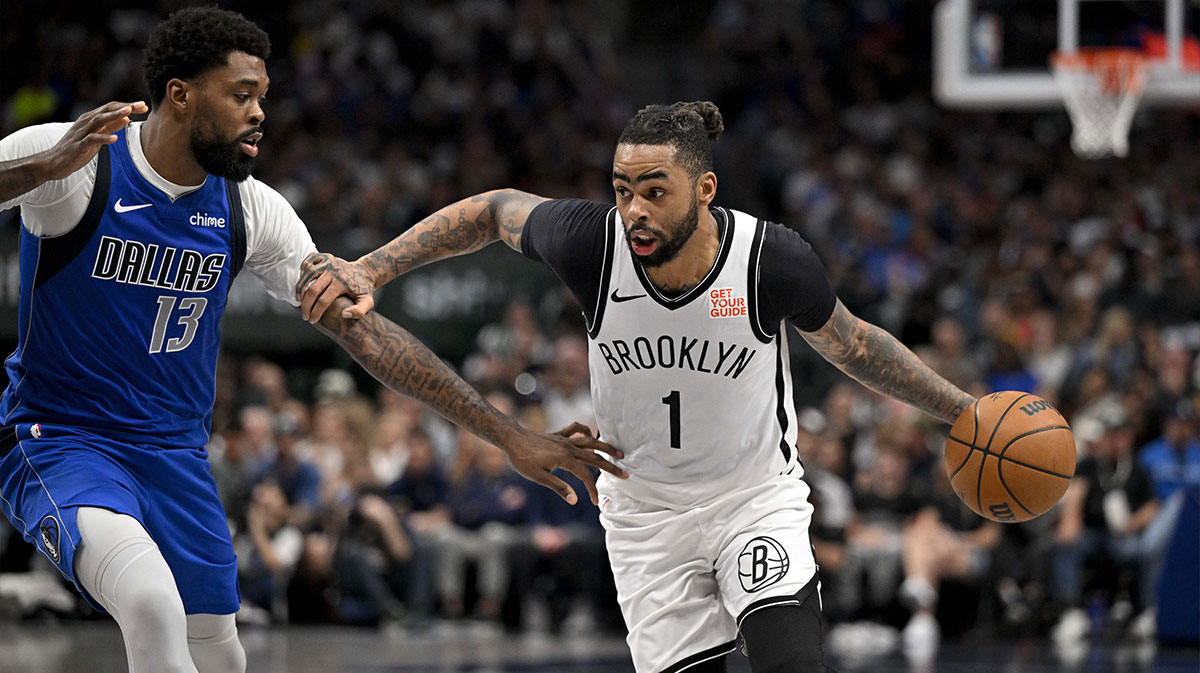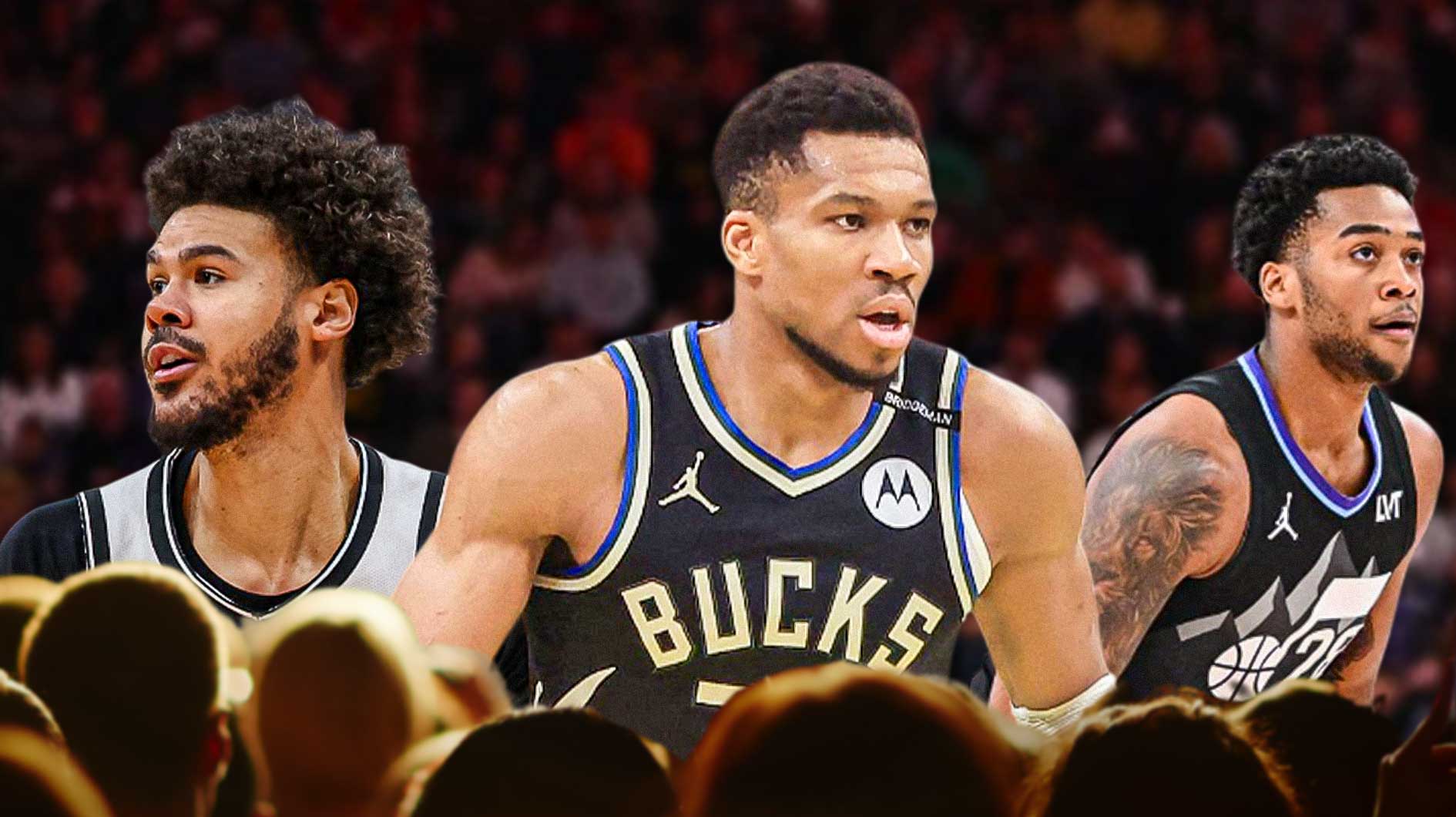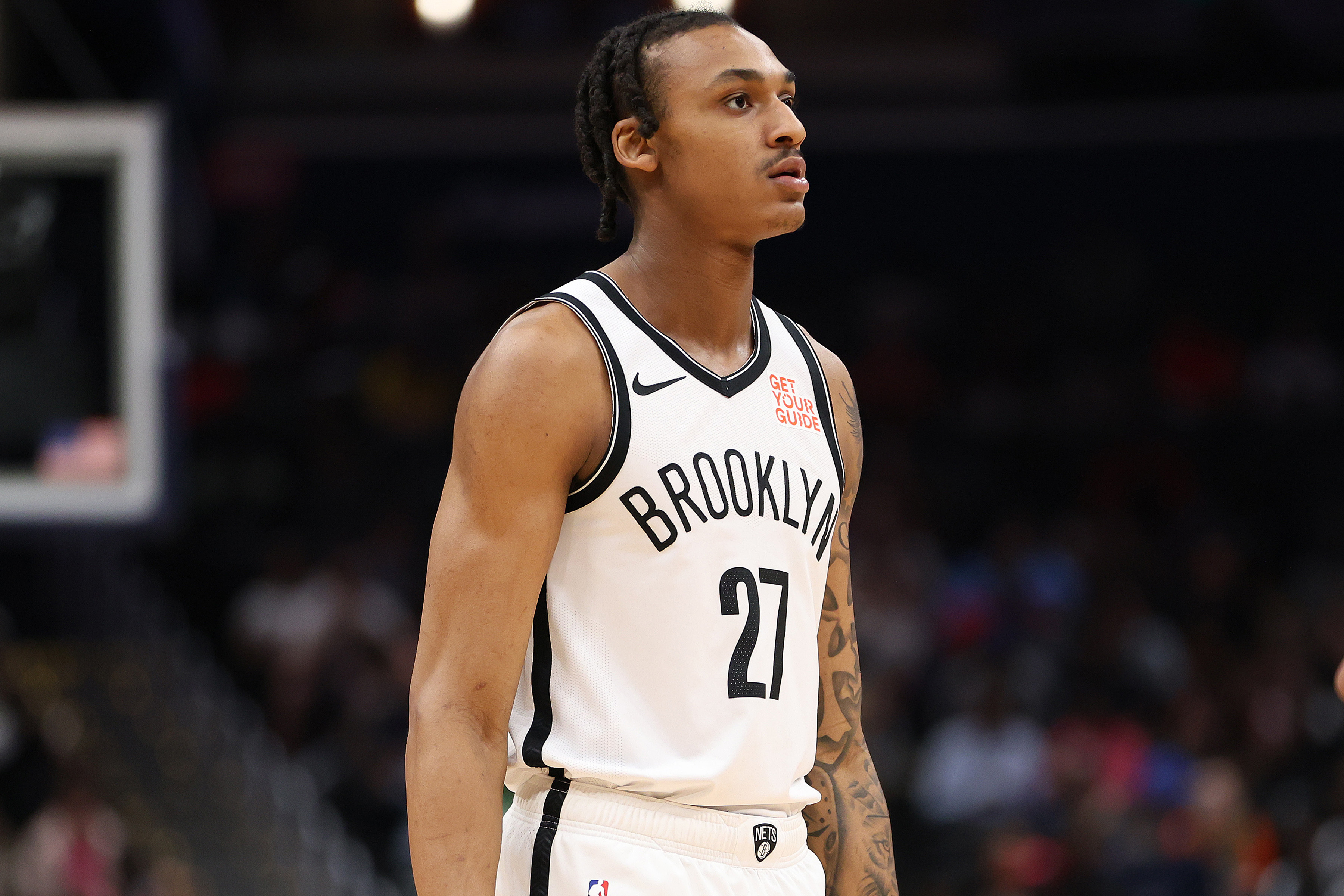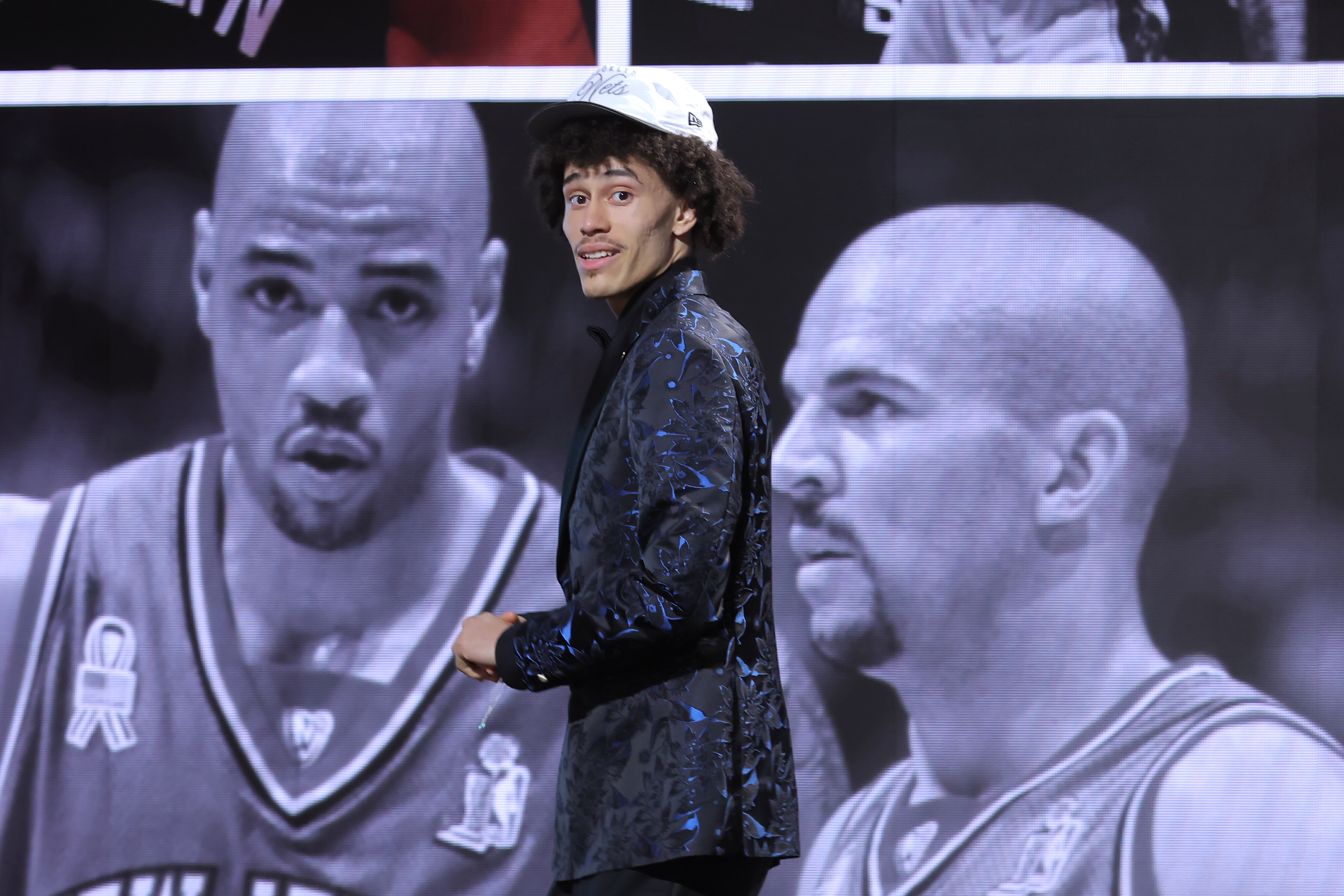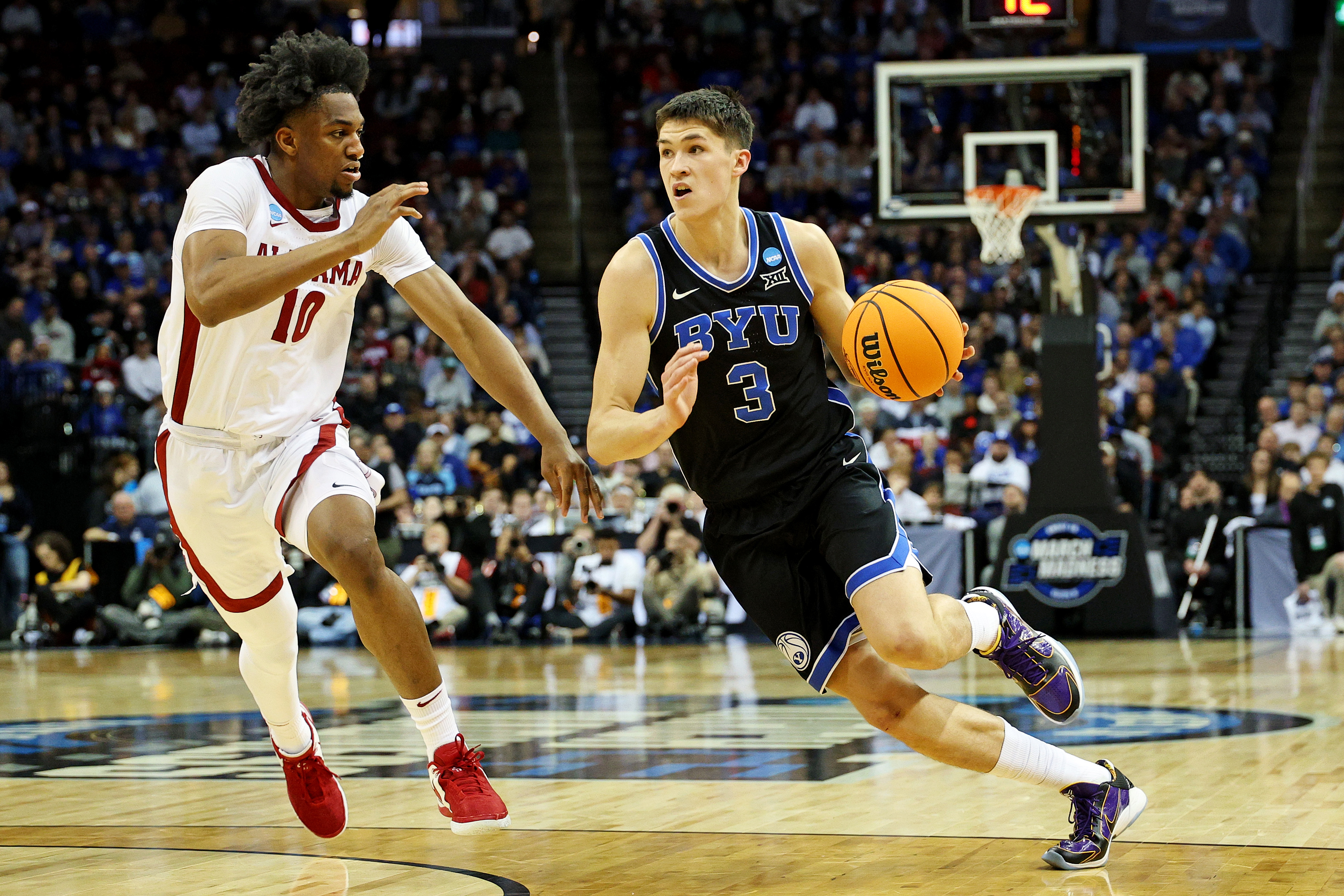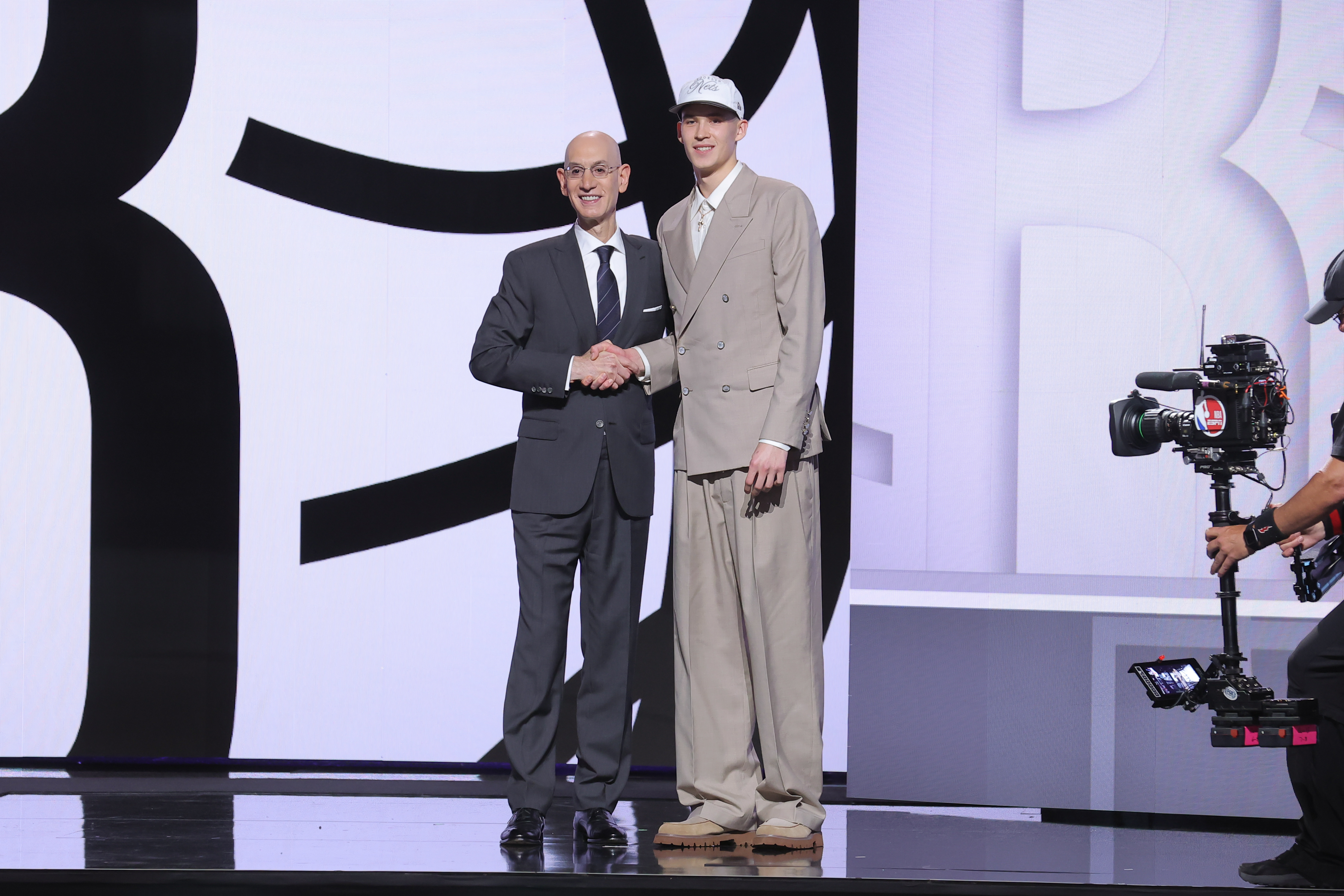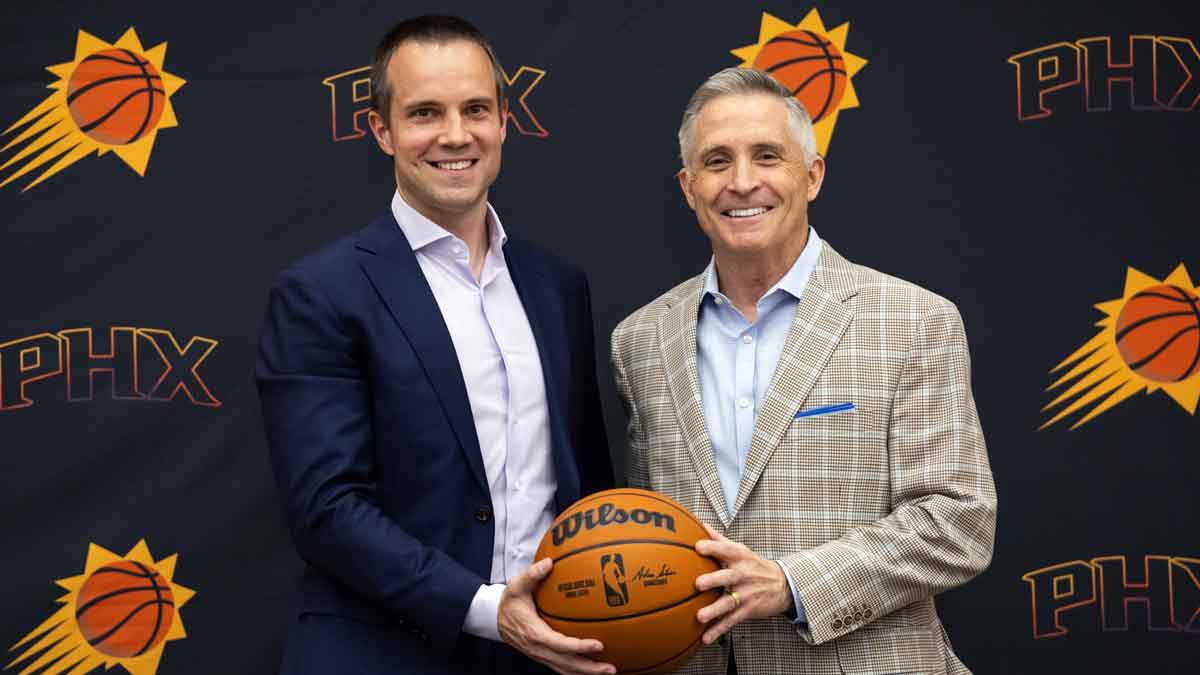The idea of an NBA team creating a big three is always exciting. That said, the Brooklyn Nets should avoid trading for Bradley Beal.
Thursday afternoon Stefan Bondy of the New York Daily News reported that the Nets have “internally discussed” ways to acquire Washington Wizards star guard Beal. Such a move would give the Nets a presumed big three (Beal, Kevin Durant, and Kyrie Irving).
From a pure talent standpoint, they could be the best big three in the NBA. At his best, Durant has been the second-best player in the sport; Irving is a premier scorer and shooter; Bradley Beal is an elite scorer, averaging 30.5 points per game this season.
Concurrently, trading for Beal would be forcing an issue that the Nets don't need and be creating more questions than answers.
First off: we don't know if Durant and Irving will flourish together. Yes, they wanted to play together, and they've each played with an elite player at the other's position. At the same time, the two have still not played a single game together.
Now let's throw Beal into the mix: who's getting the ball in crunch time? Can the three evenly distribute their touches and/or stay out of each others' way?
Irving and Beal are ball-dominant players. They're not black holes, rather they tend to play in isolation and create offense on their own. Durant found success with the ball in his hand and running around the halfcourt with the Golden State Warriors. Theoretically, he could do the same with Irving and Beal. With that said, while respectable, Irving and Beal aren't the outside shooters that Stephen Curry and Klay Thompson are, when healthy.
Beal to Brooklyn is similar to when the Houston Rockets were supposedly mulling adding Jimmy Butler last summer. It's adding a third star who typically needs the ball in his hands to be productive and isn't a necessity for the team to be a contender.
There isn't a single prototypical big three in the NBA; it's a bunch of big twos. The Los Angeles Lakers and Clippers, Houston Rockets, Denver Nuggets, Dallas Mavericks, and Portland Trail Blazers come to mind. When healthy, one can throw the Warriors in the mix.
If a playoff contender doesn't have a big two they have a lone star and a handful of proven, versatile second-tier players, if you will. Think the Milwaukee Bucks, Toronto Raptors, and Utah Jazz, among others.
There's value in being distinct, therefore separating yourself from the pack. Teams have to gameplan differently against you, and a scoring trio of Durant, Irving, and Beal would be overkill for opposing defenses because they couldn't double-team anyone on the floor for the Nets. But again: teams are finding success by keeping it simple and/or sticking to their guns.
No one was thinking about who the third star in Brooklyn should be last offseason; the foundation was already laid.
If the Nets truly want Beal, they should be able to come up with a competent package to send to Washington with the likes of Caris LeVert, Jarrett Allen, Spencer Dinwiddie, and Taurean Prince present. That leads to another aspect of the Nets' future: the players they'd trade for Beal complement Durant and Irving.
LeVert is a two-way player who has gradually improved over his career; Allen is the modern-day NBA center, defending the rim and finishing emphatically inside; Dinwiddie can win the Sixth Man Award with his scoring prowess; Prince is a young, reliable rotation player with starting experience; DeAndre Jordan is a proven defensive backbone and rim-rattling big man; if re-signed, Joe Harris is an outside sniper.
Those skill sets are phenomenal around a ball-dominant point guard (Irving) and quick-shooting scorer (Durant). The aforementioned players can play to their strengths, and it doesn't get in Durant and Irving's way. Plus, Dinwiddie, who's averaging 20.6 points per game this season, has been among the top scoring guards in the league; he could step in and play at a high level if Irving continues to run into injuries.
Brooklyn should focus on adding perimeter shooting and inside depth this offseason. They have their stars who, when healthy, the organization could argue are two of the 10 best players in the sport.
The roster is mostly set for next season. It's only a matter of who's finalizing the depth chart, which leads to another pivotal question: is having to gel three stars who have never played together appealing to a new head coach?
The Nets have the star power to contend as is, but they'll still have to get on the same page offensively which is never a given with high-profile players like Durant and Irving. The argument could be made that whoever takes the Nets' job next season — unless interim head coach Jacque Vaughn uses a Jedi mind trick to keep his job — is always going to be on shaky ground given the bizarre, sketchy way Kenny Atkinson's run ended after all the optimism surrounding his presence.
If they don't build cohesion on both ends of the floor and/or the Nets have a discouraging season, do Durant and Irving attempt to get rid of another head coach? Incorporating a third star into the mix gives a coach more toys to play with but also another high-profile player to work into the offense.
The Nets don't even wholeheartedly know what they have at their disposal in the present. See what happens with Durant and Irving, and go from there.
Acquiring a player of Beal's stature is the worst thing the Nets can do for next season.

